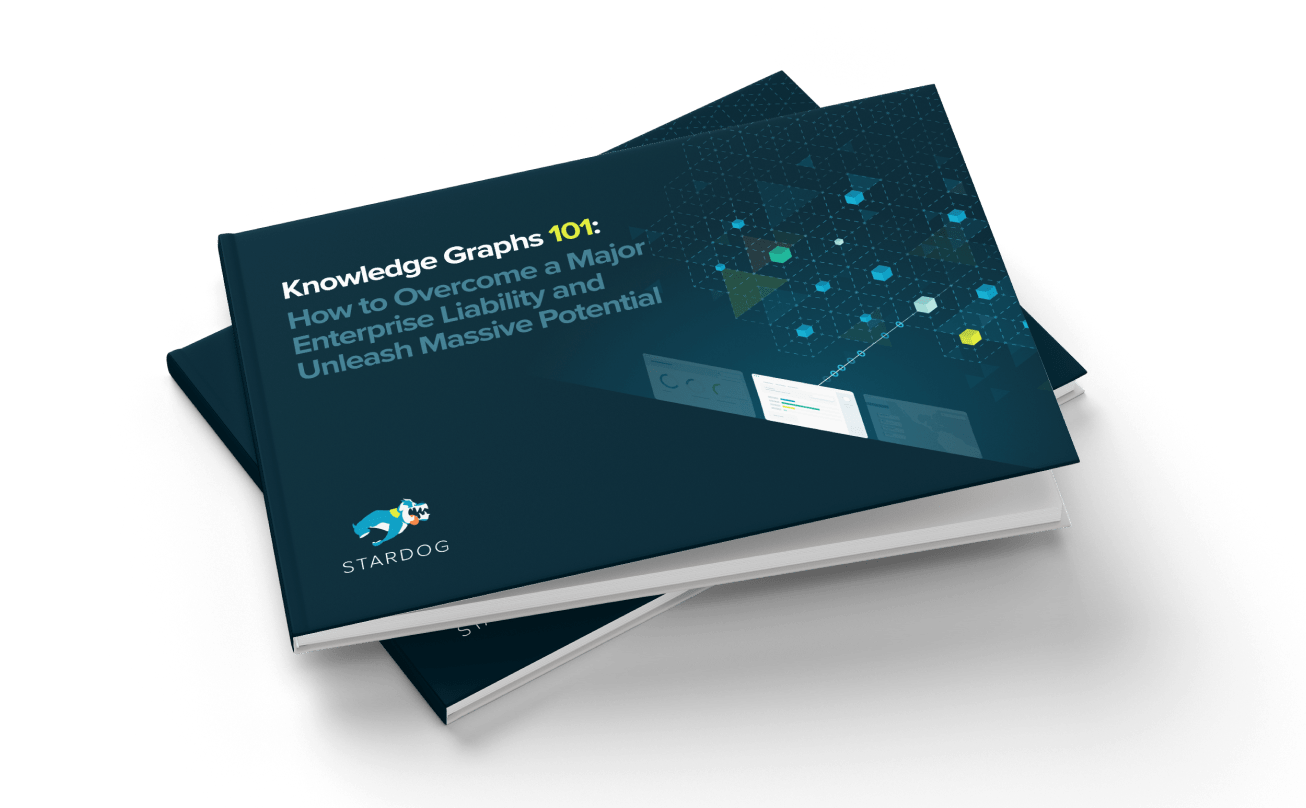The dominant narrative about AI’s sudden emergence since late 2022 depicts an underground battle between two factions, which aren’t so much warring with one another as they are racing against a mutual clock.
The Radical Faction (aka Altman’s Marauders). Mostly betting that GenAI and scaling LLMs will hasten AGI. Others think we need one or two more really big ideas to get there. You should think about AGI not as a way to make money since, if it works, it’s far, far more important than merely a way to make all the money.
- OpenAI holds the weather gage; but it’s not clear they care about anything other than achieving AGI, in which case it’s not a very reliable partner for the enterprise, i.e., while OpenAI is in both branches, it’s the race to AGI that it really cares about.
- Even less clear that OpenAI is a reliable partner for other AI vendors but Stardog maintains broad compatibility with their APIs just in case.
- The most unclear is how anyone catches up to OpenAI given it’s at least one or maybe two entire LLM generations ahead of everyone.
- Anthropic lurks in the background, mostly to control OpenAI technical staff’s qualms about AGI (“look, if we don’t do it, they will do it; and everyone knows we are the good ones” etc).
- Google should matter eventually, certainly more than it does today; but it’s not clear they know how to make GenAI products that really leverage Google Apps platform and other unique data holdings. It’s not clear Google has UX and product talent, which is weird. While Google Drive UX has improved recently, a lot, for the longest time it was the single worst product I’d ever used. Gmail is hardly much better. My early use of Gemini and the other chat UX isn’t promising.
- Google Research is still formidable; ahead of Microsoft’s but the gap seems to get smaller daily.
- Google’s material advantage—research staff, custom GPUs, global infrastructure, etc—will be key
- Meta may matter at some point outside of the Instabook theme park for teens and the lightly employed; but I don’t know how, absent a non-linear acquisition.
- Their data holdings are absolutely unique and will keep them in the game.
- The robust, open Llama ecosystem is the most important consequence of the whole metaverse debacle.
- AWS is an also-ran in the AGI game.
- Infrastructure layer: NVIDIA, Supermicro, Dell, Broadcom, Marvell, AMD, Intel, Vertiv; Taiwan; data center operators, builders, and retrofitters; the silicon photonics first-past-post winner; and copper mine operators will continue to make all the real money.
The Pragmatist Faction (aka Satya’s Krewe). GenAI is the Next Big Iteration in Tech (NBIT) and maybe the biggest NBIT ever, surpassing the Internet and Cloud; but in the short-term it’s the best way to help the C-Suite forget that it was super pissed about rising cloud costs just before ChatGPT was loosed on the world. Less cynically, GenAI may be a huge productivity boost which, in the US at least, may take up some of the slack of declining population growth.
- Microsoft is dominant on tech and partnerships.
- Accenture is dominant on delivery and consulting.
- A metric fuck-ton of startups are in the hunt, far too many to track; but what matters is they provide a constant drum beat of “news” that keeps the waters roiling. The main problems for most AI startups
- little to no differentiation
- fragile market access owing to AI infrastructure being very unequally distributed
- Meta also matters here because of the open Llama move.
- Infrastructure layer: the companies and locales and industries doing well in the Radical faction will do well here and for the same reasons.
- AWS and OCI will earn big but not historic bank.
- Snowflake and Databricks will wage a long but increasingly symmetric bilateral war of trench warfare over enterprise data.
In the radical faction’s game, progress is a function of material advantage conferred by PhD’s, GPUs, and data centers. The superstructure is scaling foundational LLMs. The challenges are: inherent AGI hardness, regulatory threats, and running out of data before figuring out how to synthesize data while avoiding model collapse.
In the pragmatic faction’s game, progress is a function, yes, again, of material advantage but also leverage over installed base and depth and breadth of existing platforms. The superstructure is RAG and to a very lesser extent non-foundational LLMs. The challenges are mostly engineering and credibility around AI safety.
Stardog is in the pragmatic faction, focused on better GenAI outcomes for the enterprise by a twofold strategy:
- increase GenAI’s reach by fusing databases and documents, the two prime sources of enterprise knowledge
- increase GenAI’s safety by grounding LLM outputs in knowledge graphs that are bootstrapped from databases and then completed with documents.


